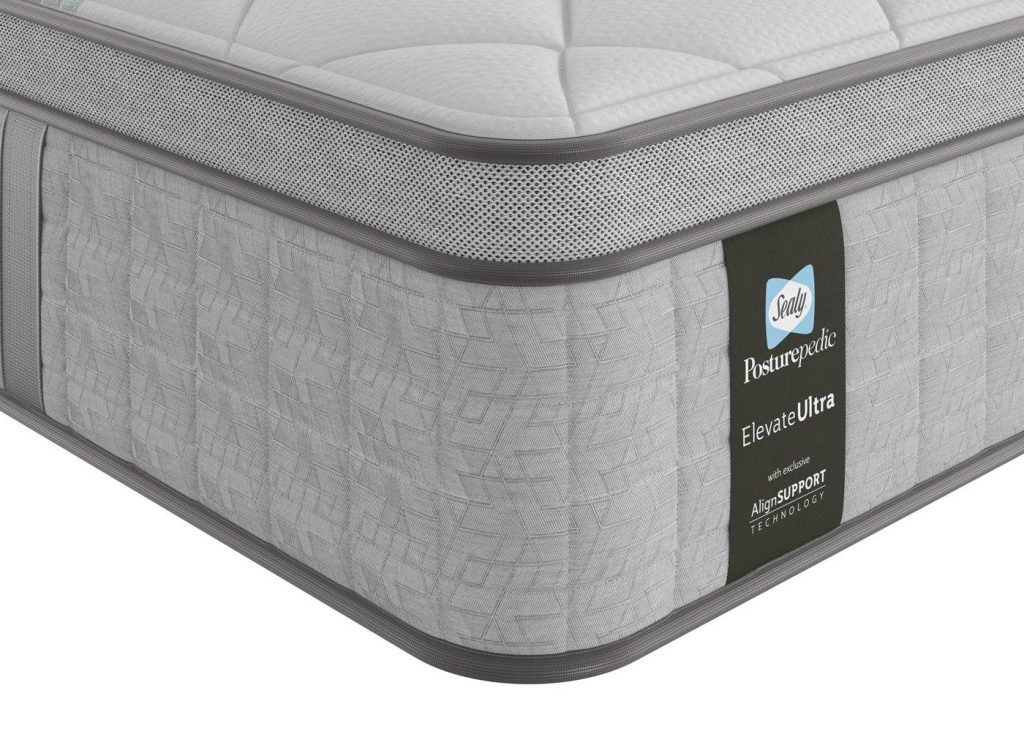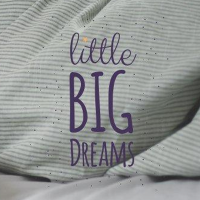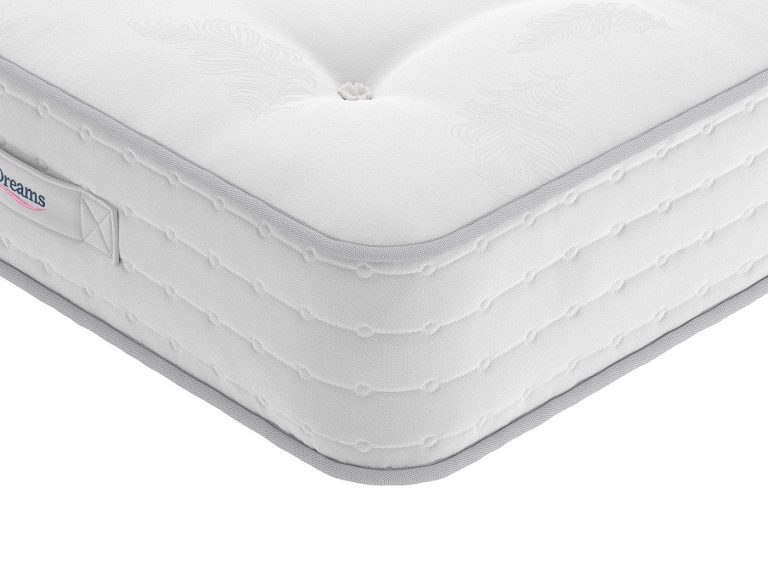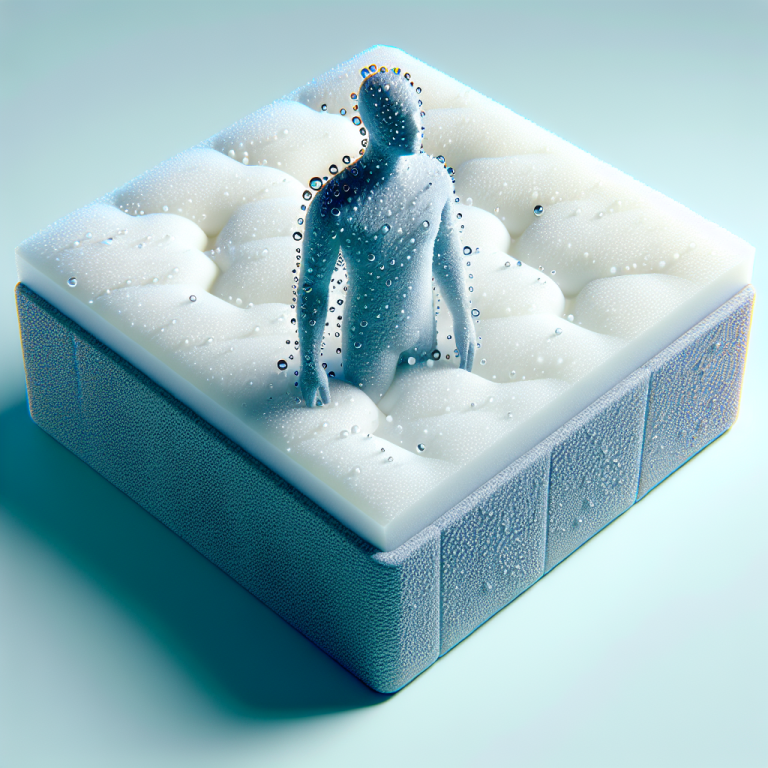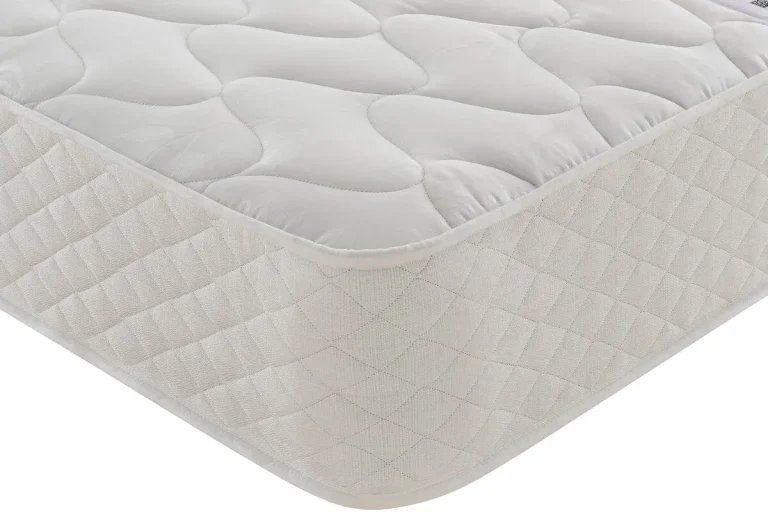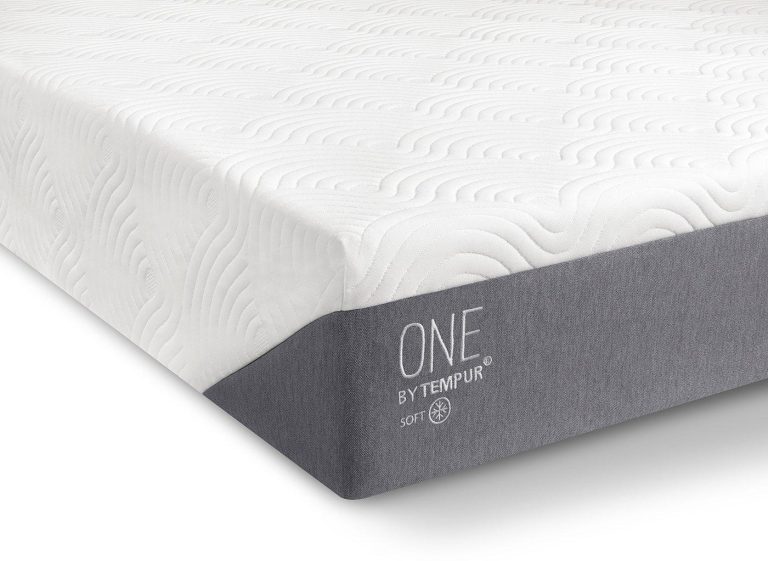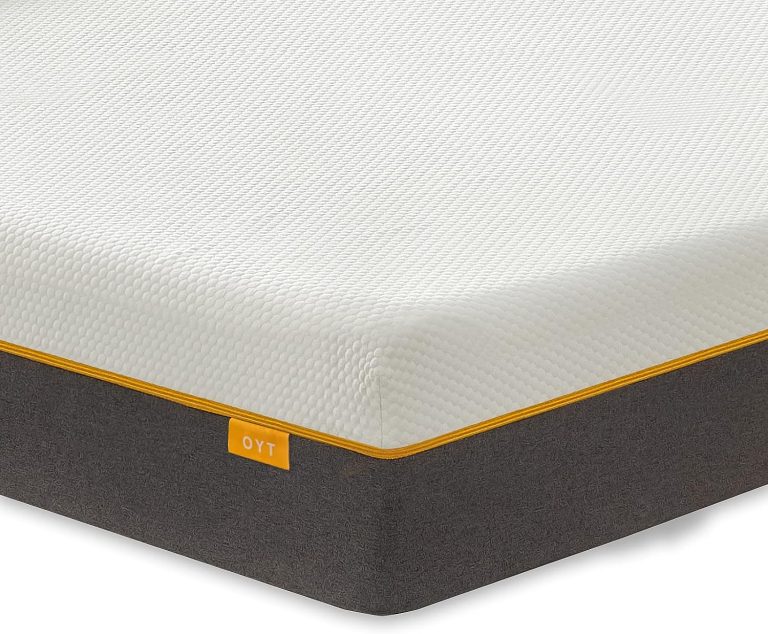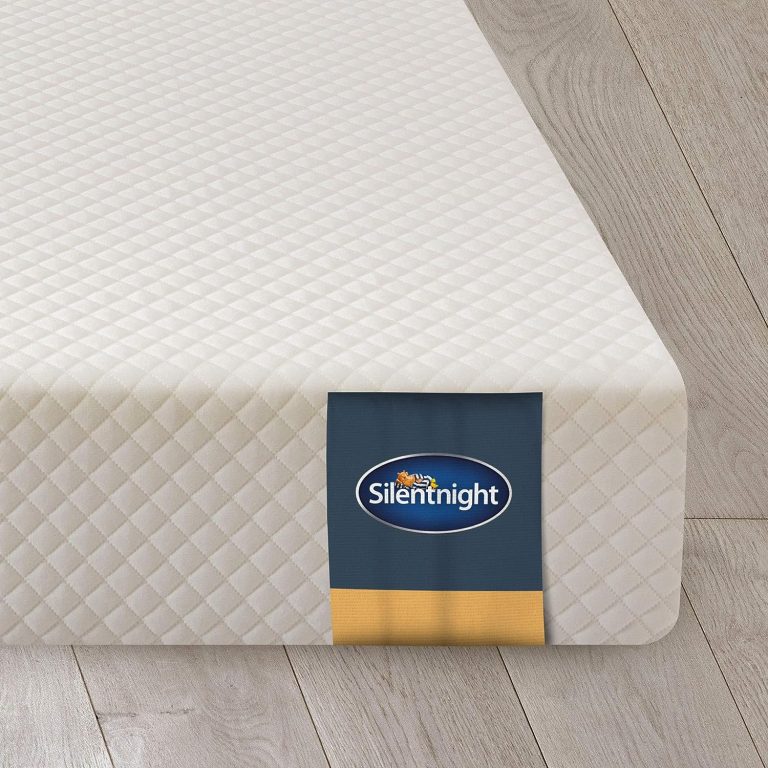Imagine lying down on a luxurious mattress, sinking into its plush surface and feeling the stress of the day melt away. Have you ever wondered why some mattresses feel more comfortable than others? It all comes down to the material of the mattress cover. The fabric used for the cover plays a crucial role in determining the overall performance of the mattress. From breathability to durability, the material has a significant impact on your sleeping experience. So, let’s explore how the material of the mattress cover affects its performance and discover the key factors to consider when choosing the perfect mattress for a cosy night’s sleep.
Table of Contents
ToggleHow Does the Material of the Mattress Cover Affect Its Performance?
When it comes to getting a good night’s sleep, the material of your mattress cover may not be the first thing that comes to mind. However, it plays a significant role in determining the overall performance of your mattress. From regulating temperature to preventing allergens, the material of the mattress cover can greatly impact your sleep experience. In this article, we will explore the various ways in which the material of the mattress cover affects its performance and provide insights to help you make an informed decision when choosing a mattress cover.
The Importance of Breathability
One of the key factors that contribute to a comfortable sleep environment is breathability. A mattress cover made from breathable materials allows for proper airflow, helping to regulate temperature and prevent overheating during the night. When your body generates heat while you sleep, a breathable mattress cover allows that heat to dissipate, keeping you cool and comfortable. On the other hand, a non-breathable cover can trap heat and moisture, leading to discomfort and potential sleep disturbances. Therefore, choosing a mattress cover made from breathable materials like cotton or bamboo can significantly improve your sleep quality.
Allergen Control and Protection
Another important aspect to consider when choosing a mattress cover is its ability to protect against allergens. Dust mites, pet dander, and other allergens can accumulate in your mattress over time, causing allergic reactions and respiratory issues. A mattress cover made from hypoallergenic materials creates a barrier between you and these allergens, preventing them from reaching the surface of the mattress. This is particularly beneficial for individuals with allergies or asthma, as it helps to create a cleaner and healthier sleep environment. Look for mattress covers that are specifically designed to be allergen-proof for maximum protection.
Waterproof and stain-resistant
Accidents happen, and spills or stains on your mattress can be a hassle to clean. That’s where a waterproof and stain-resistant mattress cover comes in handy. A cover with these properties acts as a protective layer, preventing liquids from seeping into the mattress and causing damage. Whether it’s a spill from a glass of water or an accidental bedwetting incident, a waterproof mattress cover can save you from the frustration of dealing with stains and odours. It also prolongs the life of your mattress by preventing moisture buildup, which can lead to the growth of mould and mildew. Look for mattress covers that are labelled as waterproof and stain-resistant for added peace of mind.
Noise Reduction
Have you ever been woken up in the middle of the night by the rustling sound of your mattress cover? Noise can be a significant sleep disruptor, and an overly noisy mattress cover can be highly frustrating. The material of the mattress cover can play a role in determining how much noise it produces. Mattress covers made from softer materials, such as cotton or microfiber, tend to be quieter and produce less noise when you move during the night. If noise is a concern for you, consider opting for a mattress cover that ensures a quiet sleep environment.
Durability and Longevity
Investing in a high-quality mattress is a significant financial decision, and you want it to last as long as possible. The material of the mattress cover can affect its durability and longevity. A cover made from durable and high-quality materials, such as polyester or nylon, is less prone to wear and tear, ensuring that it can withstand the test of time. On the other hand, a low-quality cover made from flimsy materials may tear or degrade quickly, requiring you to replace it sooner than anticipated. When choosing a mattress cover, consider the durability of the material to prolong the lifespan of your mattress.
Comfort and Softness
The material of the mattress cover also has a direct impact on comfort and softness. While the underlying mattress plays a significant role in determining comfort, the cover adds an extra layer of softness and cushioning. Different materials offer different levels of comfort, and it’s important to choose one that suits your preferences. For a luxurious and soft feel, opt for a mattress cover made from materials like bamboo or silk. If you prefer a more lightweight and breathable option, cotton or linen covers can provide the desired comfort. Ultimately, the choice of material will depend on your personal preferences and comfort needs.
Ease of Cleaning
Keeping your mattress clean and hygienic is essential for a healthy sleep environment. The material of the mattress cover can significantly impact the ease of cleaning. Some materials, like cotton and polyester, are machine-washable and can be easily cleaned along with your bedding. Others may require special care, such as spot cleaning or dry cleaning. Consider your cleaning preferences and lifestyle when choosing a mattress cover. If convenience is important to you, opt for a cover that is easy to clean and maintain.
Summary
In conclusion, the material of the mattress cover plays a crucial role in determining its overall performance. Breathability, allergen control, waterproofing, noise reduction, durability, comfort, and ease of cleaning are all affected by the choice of material. When choosing a mattress cover, consider your specific needs and preferences, along with the benefits offered by different materials. By selecting the right mattress cover, you can enhance your sleep experience, protect your investment, and create a comfortable and healthy sleep environment. Good luck with your mattress cover search, and may you enjoy many restful nights of sleep!


